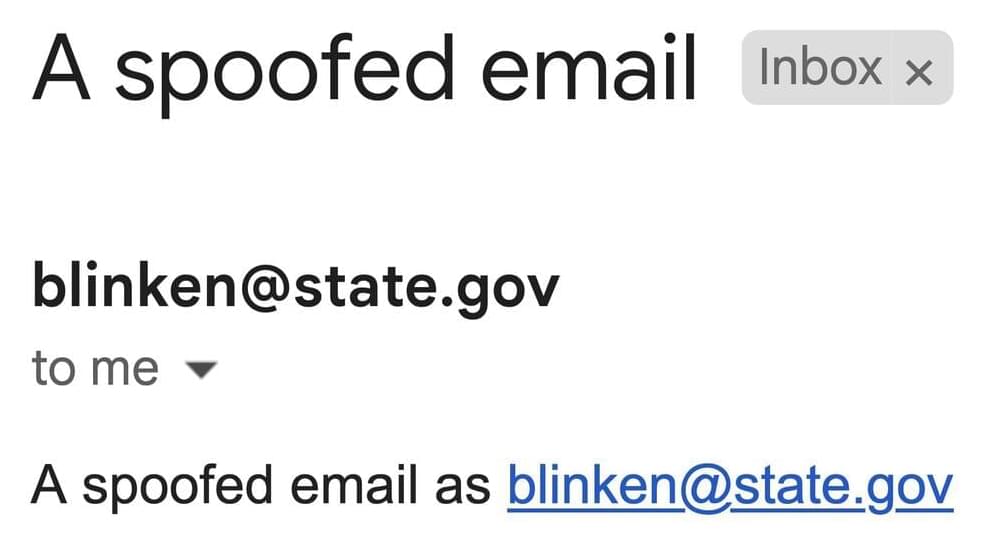Sending an email with a forged address is easier than previously thought, due to flaws in the process that allows email forwarding, according to a research team led by computer scientists at the University of California San Diego.
The issues researchers uncovered have a broad impact, affecting the integrity of email sent from tens of thousands of domains, including those representing organizations in the U.S. government—such as the majority of U.S. cabinet email domains, including state.gov, as well as security agencies. Key financial service companies, such as Mastercard, and major news organizations, such as The Washington Post and the Associated Press, are also vulnerable.
It’s called forwarding-based spoofing and researchers found that they can send email messages impersonating these organizations, bypassing the safeguards deployed by email providers such as Gmail and Outlook. Once recipients get the spoofed email, they are more likely to open attachments that deploy malware, or to click on links that install spyware on their machine.
